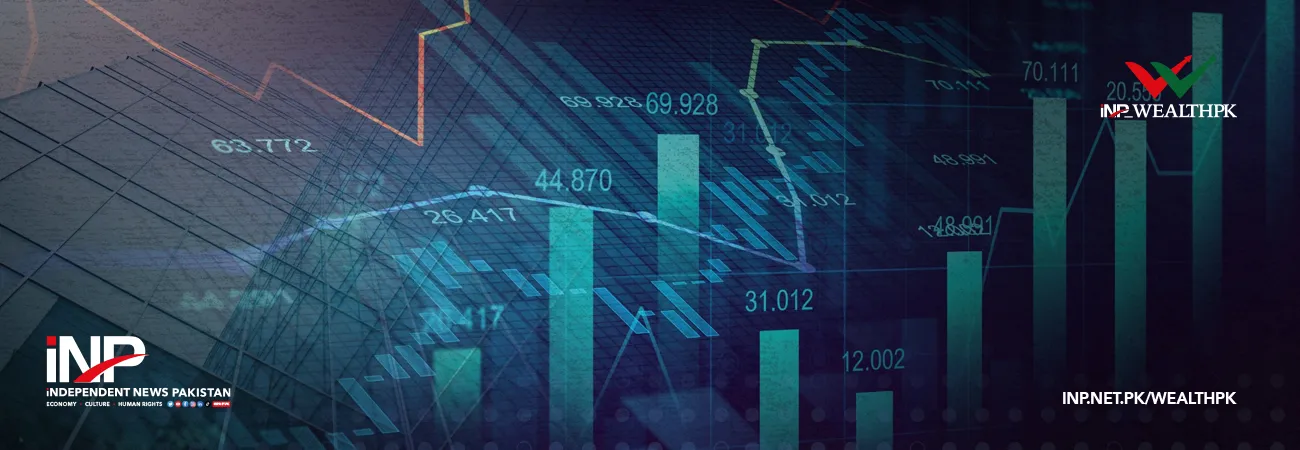INP-WealthPk
Arooj Zulfiqar

The current economic challenges facing Pakistan underscore the need for restoring macroeconomic stability to achieve sustained economic resilience and growth. Talking to WealthPK, eminent economist and Deputy Executive Director at the Sustainable Development Policy Institute (SDPI) Dr Sajid Amin said, “Amidst the rising inflation rates and fiscal deficits, Pakistan's economy stands at a critical juncture.” He pointed out that stabilizing key macroeconomic indicators such as inflation, fiscal deficit, and foreign exchange reserves was essential to attract investments, ensure price stability, and foster sustainable economic development. "Addressing inflationary pressures remains a primary concern. Consumer price surges have impacted household budgets and overall economic sentiment. Effective monetary policy measures and supply-side reforms are required to curb inflationary trends and restore consumer confidence,” he said.
According to the Monthly Economic Outlook for June, CPI inflation recorded at 11.8 percent on a YoY basis in May 2024 as compared to 17.3 percent in the previous month and 38.0 percent in May 2023. During Jul-May FY2024, CPI stood at 24.5 percent against 29.2 percent last year. Dr. Amin added, “Pakistan is still dealing with major fiscal deficits, which have been worsened by higher public spending and revenue difficulties. It is crucial to manage the budget carefully by cutting expenses, improving tax collection methods, and decreasing the need for borrowing to cover the deficit.” Additionally, “Management of external imbalances, including maintaining adequate foreign exchange reserves and managing trade deficits, remains crucial. Efforts to boost exports, attract foreign direct investment (FDI), and enhance remittances are highlighted as key strategies to strengthen the external sector's resilience.” He said, “Beyond immediate stabilization measures, structural reforms are deemed essential for long-term economic resilience.
These reforms encompass improving governance, enhancing business climate, promoting industrial growth, and investing in human capital development to unleash Pakistan's economic potential. “However, there is a need for coordinated efforts between monetary, fiscal, and structural policies. Timely and effective implementation of reforms, coupled with transparent governance practices, is seen as pivotal in achieving sustainable economic stability and fostering investor confidence.” The SDPI deputy executive director further said, “Restoring macroeconomic stability is not merely a challenge but a strategic imperative for Pakistan's economic recovery and sustained growth. With concerted efforts, Pakistan can navigate the current economic challenges and pave the way for a resilient and prosperous future.”
Credit: INP-WealthPk













